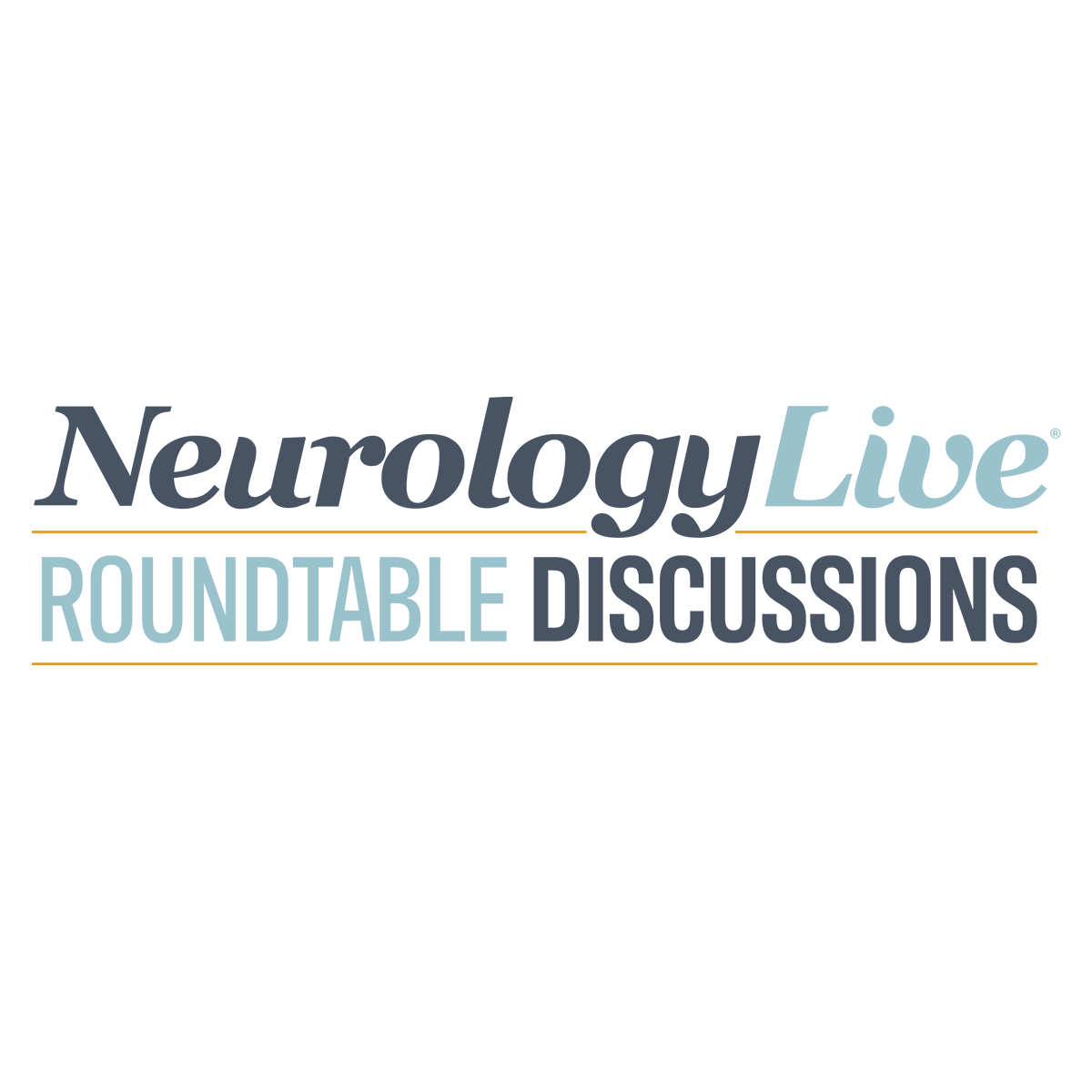
Future Challenges for Neurology Departments and Neurology Educators

In this episode, the panel discusses the emerging challenges for neurology departments, the shortage of neurologists, and the ways to disseminate between useful and useless information amid a busy career.
The Association for University Professors of Neurology (AUPN) held its first official meeting on June 12, 1967, in Atlantic City, New Jersey, led by interim chairman Dr. Maynard Cohen. This meeting established the Constitution and Bylaws and elected the initial Board of Trustees, comprising Dr. Cohen, Dr. David Daly, Dr. Erland Nelson, Dr. David Clark, and Dr. Norman Geschwind. Following the formal adoption of the Articles of Incorporation and Bylaws in 1968, the organization's initial officers were elected, with Dr. Cohen serving as the first president.
The organization began its activities in June 1968, addressing various issues such as relationships with the Council of Academic Societies, evaluation of training programs, the impact of federal programs on neurologist training, and research funding. Major concerns for AUPN included legislative issues, representation of neurology, curriculum development, and maintaining communication with key medical organizations. Notable efforts included advocating for the reinstatement of the internship requirement for neurology certification and developing the Neurology Matching Program (NEMP) to streamline resident recruitment and appointments.
On September 14th, the organization will host its first-ever annual meeting, held at the Hilton Orlando Convention Hotel in Orlando, Florida. The AUPN Annual Meeting takes place in conjunction with the 149th Annual Meeting of the American Neurological Association (ANA). Prior to the meeting, NeurologyLive® hosted a panel discussion featuring John England, MD, current president of AUPN, and Lisa Merlin, MD, FAAN, FANA, one of the organizers of the meeting.
In this episode, England, who also serves as the Richard M. Patterson Professor and chair of neurology at the LSU Health Science Center School of Medicine, and Merlin, who is the Distinguished Professor and vice chair for education at Downstate Health Sciences University gave thoughts on some of the emerging challenges for neurology departments. They both provided comment on the vast changes in neurology and the ways to get around the shortage of neurologists. Furthermore, they spoke on the influx of research, the mindset of staff members in neurology departments, and the need to focus on what’s important when sifting through new information.
For more information on attending the meeting,
Transcript is edited below for clarity.
Lisa Merlin, MD: If you don't mind, John, I'd like to kick this off because I'm actually the organizer of the Chairs and Program Directors Forum. The issue we're going to address at that forum is the nationwide shortage of general neurologists, which has become a major concern as the population ages. Life expectancy is getting longer, and we have an aging population with an increasing need for neurological care. We are going to have an in-depth look at the data indicating that there is a near crisis with a shortage of general neurologists. We'll determine the extent of this issue and have a point-counterpoint discussion on how this concern can be addressed. Chairs and program directors need to tackle this together because program directors are involved in training residents and have some influence on what career paths our residents take. We need to consider our goals in steering trainees toward general neurology as opposed to subspecialties. Additionally, we should discuss the roles of chairs in hiring subspecialists versus generalists. Should subspecialists also cover general neurology, or are they allowed to focus exclusively on their subspecialty? These are complex issues with pros and cons to multiple approaches, and we hope for a very interactive discussion. We look forward to an exciting Chairs and Program Directors Forum.
John England, MD: One of the areas that I think we need to focus more on is child neurology. Children obviously have many neurological problems, and there is a real shortage of specialists in child neurology to treat them. This dovetails with what we've said before about new treatments because many new neurogenetic treatments need to be instituted in childhood. We need to support child neurology and recruit more people interested in pediatrics to specialize in child neurology.
Marco Meglio: From your perspective as department leads and administrators, how do you handle the influx of research and information and disseminate that to your neurology department? The field is very fast-paced, with new diagnostic codes and guidelines emerging all the time. How do you manage this influx of information without overloading clinicians? I'm curious about how you handle these challenges.
Lisa Merlin, MD: It is challenging, and I think it starts with the medical school curriculum. You have to ease information in slowly because, as you said, you don't want it to be overwhelming, and it needs to be geared toward the level of the medical student. Once you get to the resident level, it's different. It's a difficult balance to determine what the medical student needs to know, what the resident needs to know, and what the faculty need to know. That's why it's so important to attend national meetings to stay up to speed with what's on the horizon.
John England, MD: Right. Nobody can know everything, and we need to find ways to focus and inform people about what is most important. If you look at the neurology literature and all the journals and news items, it can be overwhelming. What I try to tell younger neurologists is that it's important to be broad-based and know a lot of things, but not all articles will be important for your practice. You need to learn how to focus on what's really important, and we need to help them decide that. As Lisa said, going to national and regional meetings where thought leaders highlight the most important information is a good way to stay informed. Without these meetings, most people would be lost in the overwhelming sea of literature.
Newsletter
Keep your finger on the pulse of neurology—subscribe to NeurologyLive for expert interviews, new data, and breakthrough treatment updates.











